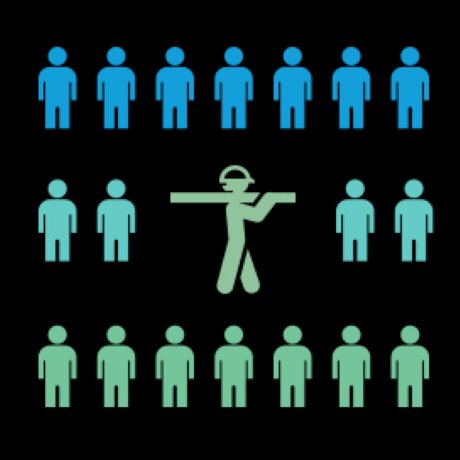One full year after consultant Tony Dean submitted his report on the Ontario College of Trades (OCOT), the provincial government has introduced legislation to cover several of the more contentious policy issues he addressed.
Minister of Labour Kevin Flynn said 28 of the 31 Dean Review recommendations were non-controversial and OCOT was working its way through each one with suggestions for regulatory, operational and other minor reforms.
But the other three, dealing with enforcement of scopes of trade, appeals of penalties and trade classification reviews, among other topics, required further consultation with stakeholders and Flynn said he believes that the resulting compromises will be respected by all sides of the construction sector.
The proposed amendments to the Ontario College of Trades and Apprenticeship Act, included in the Budget Measures Act, were introduced in the Ontario Legislature Nov. 16.
The proposals introduce a new "Classification Roster" that will provide five members for panels each time there are requests from trade boards relating to classification or reclassification of compulsory trades. Each panel chair will have expertise in adjudication and the panels will be rounded out by two independent experts with knowledge of the trade in question and two other members, one from an employers group and one from an employees group associated with the trade.
Secondly, OCOT will be required to develop an enforcement policy to be filed with the Ministry of Labour (MOL) and so a new committee will be established with a mandate to undertake a six-month study of compliance and enforcement issues and make recommendations to Flynn. The enforcement policy will be required to include risk-of-harm analysis.
Third, the penalties system will change. Previously, tickets were issued by OCOT inspectors that could be appealed to a Justice of the Peace. In May, Flynn announced that enforcement of scopes of practice issues would be transferred from what was then called the Ministry of Training, Colleges and Universities to the Ministry of Labour and that scopes of practice appeals would be decided by the Ontario Labour Relations Board (OLRB). Scopes of practice infractions will now be penalized through "administrative monetary penalties" that can be reviewed by the OLRB, explained an MOL policy advisor.
"It really has been a sometimes frustrating experience — trying to bring the people together just by nature is like that — but when you get a result like this, my sense is that this is going to get overwhelming support from the stakeholders, that this is a fair resolution to some issues that have been outstanding for a while and were really impeding the progress of the college," said Flynn.
When Dean reported last November, the province said it would implement his recommendations in full. The May announcement that some functions would migrate to the MOL indicated that Dean’s recommendations would not be the final word.
Flynn explained the evolution in government thinking on Dean’s recommendations.
"We really agree with what Tony Dean said for the most part," he said. "I think some of the stakeholders came forward and said we can improve upon Dean’s recommendations, we can take what he is trying to get accomplished, and we can involve the college more, we can involve the public as well, and we can reach where Tony is suggesting we reach when it comes to enforcement, when it goes to classifications."
Flynn said the committee reviewing enforcement policy will have broad representation from stakeholders and include representatives from other ministries that have similar regulatory functions.
"We’ve tried to bring some outside eyes into it, we’ve tried to bring some experience when it comes to enforcement into it, from the ministries," said Flynn. "And of course you want the public involved, you want to promote consumer protection, and we are also putting the deputy registrar of the college on it, so we will also have college leadership as well."
The committee will have five members from OCOT including the registrar, one from the Ministry of Labour, one from another ministry and two members from the public.
Flynn said he felt all stakeholders have respect for the OLRB and will support its new role in adjudicating appeals.
"So it goes to the board, we can’t tell them what to do, the board’s going to do what the board’s going to do, but we can certainly outline something that we want them to look at when they are arbitrating these appeals," said Flynn. "We want them to look at risk of harm and scopes of practice under the College of Trades and Apprenticeship Act."
With the regulatory changes to be recommended by OCOT and the proposals contained in the recent budget legislation, OCOT, launched in 2012, will be in a position to move forward and re-establish itself based on the original principles contained in the founding 2009 legislation, Flynn said.




Recent Comments
comments for this post are closed